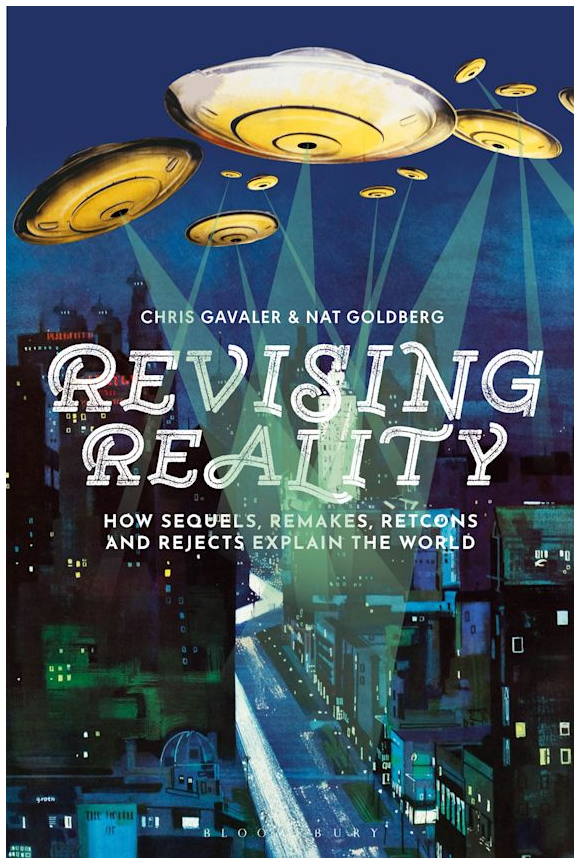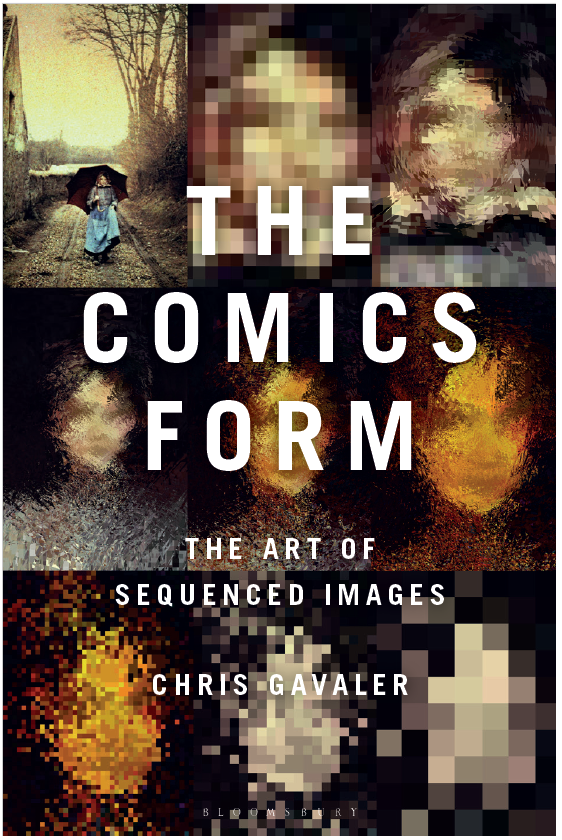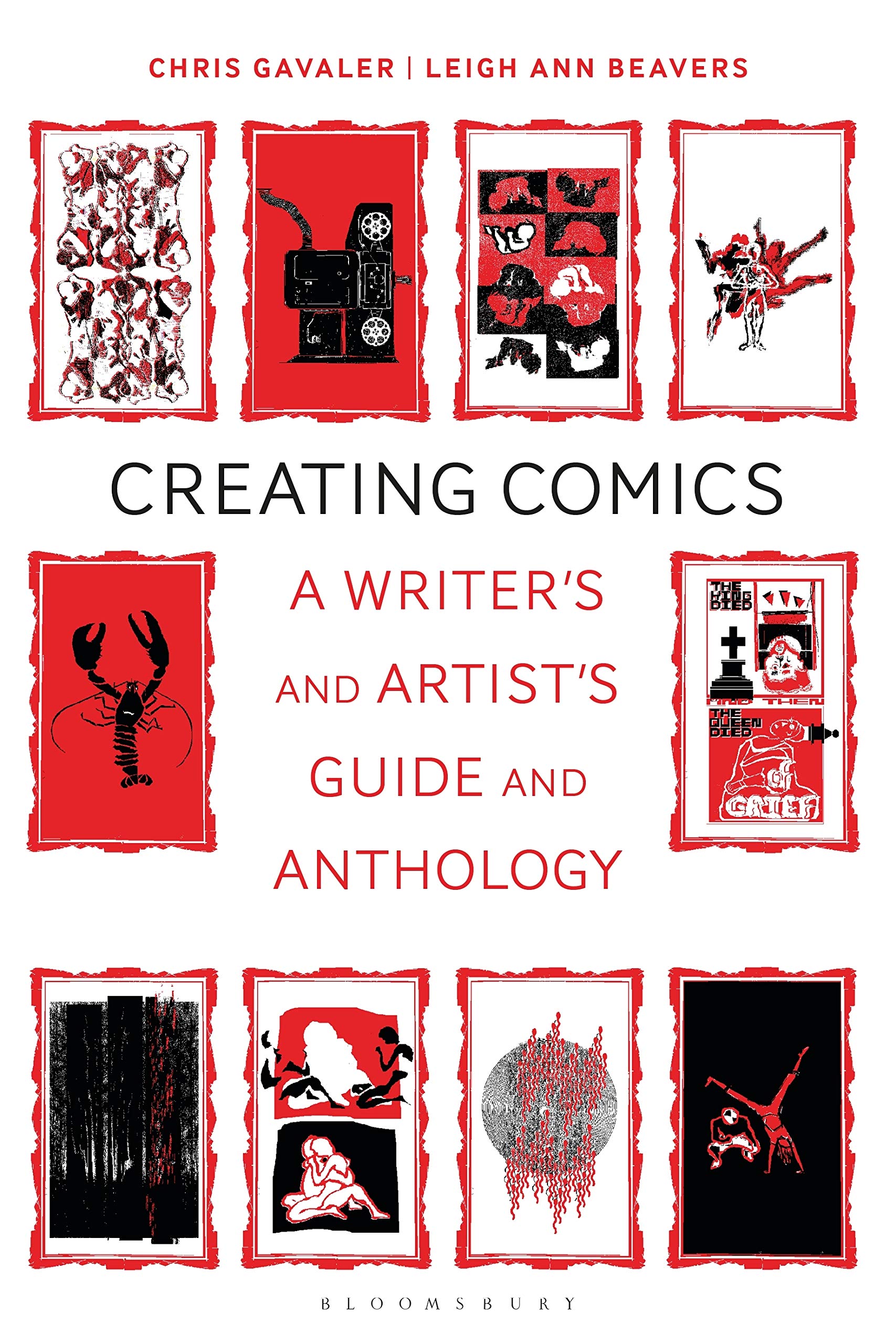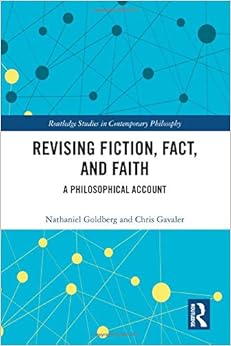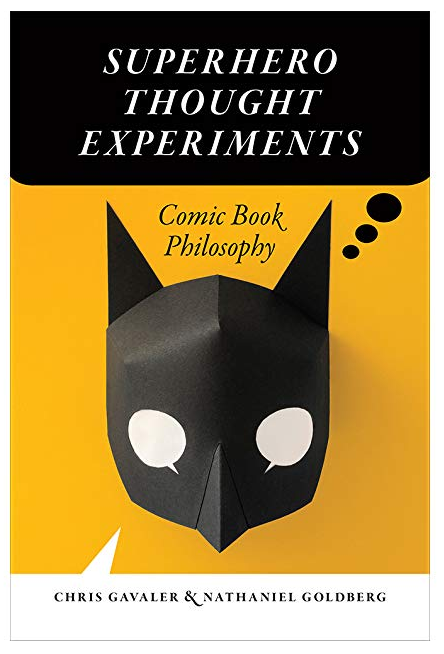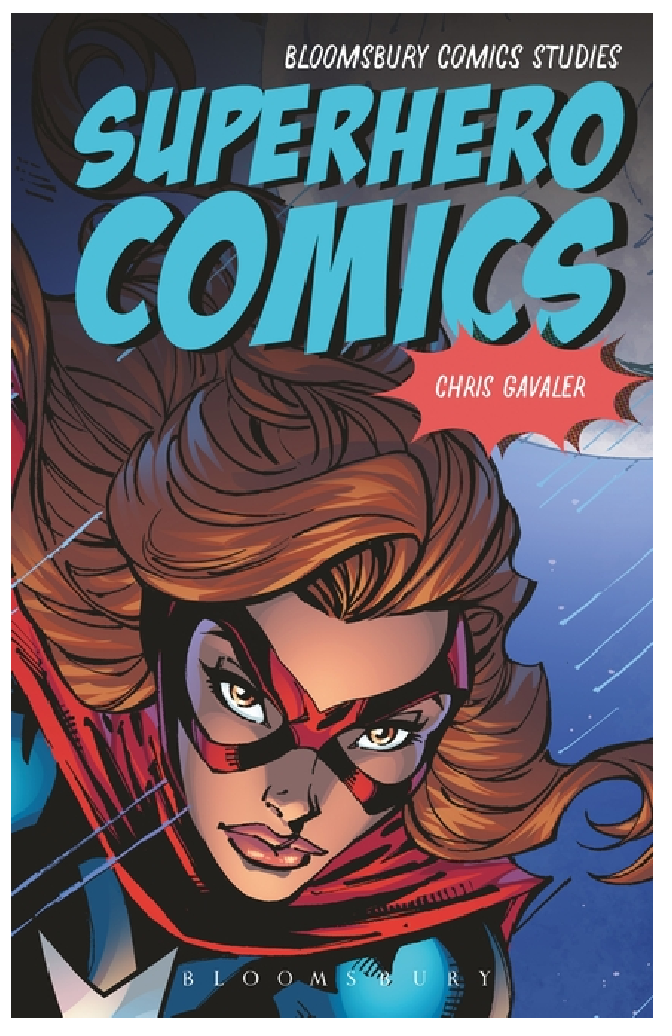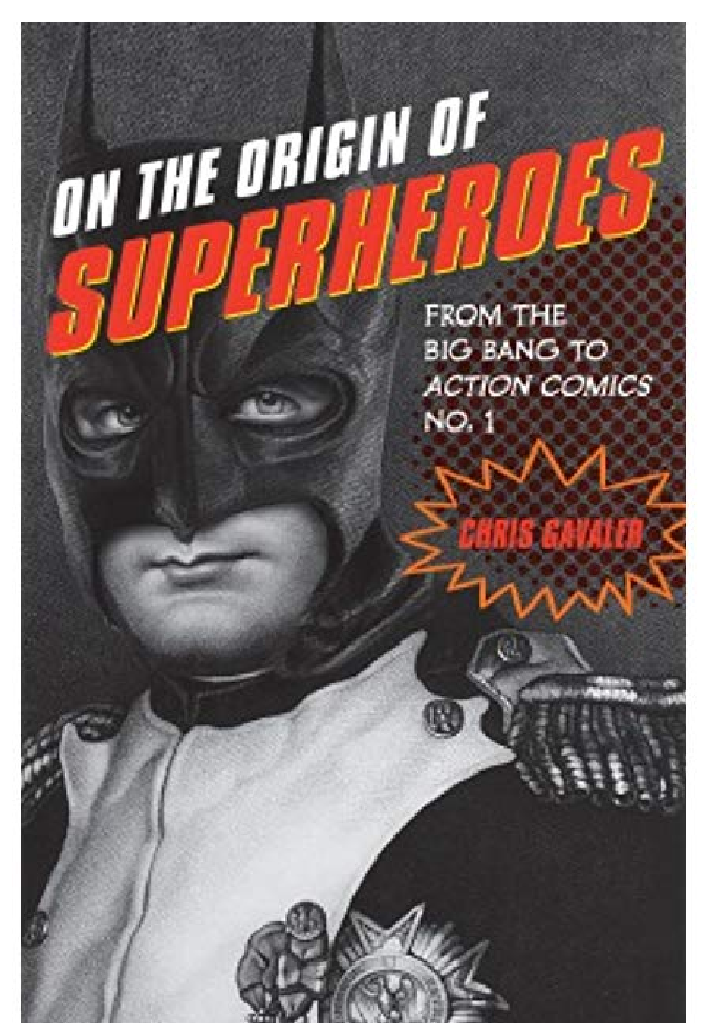Monthly Archives: November 2012
26/11/12 The Good Rapist
I’m pretty sure I saw the first Twilight movie. Though I might have it confused with a really good parody my daughter showed me on Youtube (Edward was Santa Claus). I started reading the novel too, in an attempt to understand what was enthralling my then tween daughter. I set her copy down just before the baseball scene. That was maybe four years ago.
So I am no expert on things Twilight. And yet I feel I have inhaled more than my fair share of Edward Cullen from our cultural ecosystem. If I recall correctly, Ms. Meyer paints him in superhero shades, a cursed but noble superhuman who uses his powers for good. It was, for example, very noble of him not to kill and eat Bella when she smelled so delicious in science class. That’s some serious restraint for a soulless monster who literally lives to devour women.
But he’s not the first. Edward might not literally have a soul, but his soulful self-restraint recalls a colony of similarly abstinent vampire hunks. The BBC’s Being Human featured three seasons of the AA-esque Mitchell struggling to stay on the blood-sucking wagon, followed by season four’s equally valiant and tortured Hal. Before Joss Whedon turned his attention to men in leotards, the Buffy the Vampire Slayer creator sired not one but two vampires-with-a-soul, the angsty Angel and the bad boy Spike.
But Buffy owes both those lovers and most of her name to Marv Wolfman and Gene Colan, who introduced Blade the Vampire-Hunter to readers of Marvel’s Tomb of Dracula back in 1973. Though soulless as any other blood-sucker, Blade kept his vampire virginity and so earns the all-time abstinence award.
But he’s still not the first vampire trying to be good. That goes to Barnabas Collins of the 1966-71 soap opera Dark Shadows. Introduced as a temporary side character, the lovelorn Barnabas saved the show from cancellation and was soon taking a serum to restore his humanity. (Something Johnny Depp finished for him earlier this year.)
With a few very notable exceptions (Le Fanu’s 1872 “Carmilla,” Catharine Deneuve in The Hunger), vampires are men. Octavia Butler’s Shori from her novel Fledgling is a personal favorite, the proverbial rule-proving exception. “Most vampires,” Butler told an interviewer, “I have discovered are men for some reason. I guess it’s because Dracula; people are kind of feeding off that.”
Feeding indeed.
When I taught Fledgling in my contemporary novel class (Thrilling Tales), I asked my students to describe a typical vampire.
“A guy who hides in the shadows and jumps out and bites women.”
And what would you have if you took out the fangs?
After a moment of awkward mumbling, an intrepid senior spelled it out: “A rapist.”
The first was Lord Byron. Or “Lord Ruthven,” as Byron’s personal physician, John William Polidori, thinly disguised him in his 1819 short story “The Vampyre” (begun by Bryon during the ghost story gathering that also spawned Mary Shelly’s Frankenstein). Polidori plucked the vampire from eastern European folklore and recast him as a seductive aristocrat feeding on high society women. In other words, Lord Byron. “The Vampyre” sparked the first vampire craze (imagine Edward Cullen singing in two simultaneous opera adaptations) and the enduring undead genre.
Byron, of course, did not have fangs. Just a penis. Which remains the not particularly veiled subtext of most vampire plots. Stoker’s Dracula is about a foreigner buying the house next door and penetrating the neighborhood’s daughters and fiancés. It’s also about property. Women, like other Victorian real estate, do nothing but lie very still while men make their transactions.
Which, oddly, is why I think the genre has endured. The figure of the seducer opens one of culture’s favorite taboos: women’s pleasure. We’re less terrified of the topic than the Victorians, but not as much as you’d like to think. A lunch table of high school girls knows that sex drive is supposed to be a boy thing.
Which is why vampires are so useful. If you’re being seduced by superhuman means, how can you be expected to defend yourself? Your failure to resist your sexy attacker isn’t your fault. All you can do is lie back and remain innocent.
And if it feels good? Well, that’s not anybody’s fault either.
And, since you’re enthralled and all, who can object if some of that vampire urgency seeps into your own blood?
Which brings us back to Edward and his neutered cousins. Remember how startled he and Bella were the first time they kissed? How she was the one overcome with passion? It’s as if the laws of thermodynamics apply to arousal. Bella’s longing is possible to the degree that Edward suppresses his. If you tame the rapist, you claim his libido for yourself.
My tween daughter started reading the Twilight series because her older friends were, girls she literally looked up to, young women now in their second years of college. My daughter now admits that she liked boys in elementary and middle school, but that she didn’t have the slightest idea how to talk to one, only stare creepily from across a science classroom. That’s where Twilight came in. And Vampire Academy, and House of Night, and the other books I kept buying her for birthdays and Christmases.
Edward and his clan have something to teach boys too. Culturally, we tell young men they’re supposed to have voracious appetites. That they’re supposed to value sex over the body they happen to be having it with. That a penis really isn’t all that different from a set of fangs.
Edward and Angel and Mitch and Barnabas and Hal and Blade and Spike, they’re a reminder that being male isn’t permission to think like a rapist. Grow a soul, boys. Join the human race. Joss Whedon (did I mention he majored in Women’s Studies?) played out this plot best, evolving Spike from literal rapist to president of the tortured soul club over the course of seven seasons. But he never dumped the leather jacket. Even reformed bad boys are allowed to keep a little of their signature badness.
I’m not necessarily endorsing vampire sex. But it has its uses, a kind of safe sex practice zone of the pubescent imagination. My daughter has since outgrown vampires, even regards her former Twilight obsession with a sophomore’s embarrassment. Which I suppose should alarm me more. What does it mean when you’re done with metaphorical sex?
She saw the first half of Breaking Dawn last year with her boyfriend, who apparently has a blood phobia and had to leave for a light-headed stroll in the theater lobby.
That’s the kind of vampire a father has to like.
Tags: Being Human, Blade, Buffy the Vampire Slayer, Dark Shadows, Joss Whedon, Lord Byron, Octavia Butler Fledgling, Polidori The Vampyre, Twilight, vampire sex
- 1 comment
- Posted under Uncategorized
19/11/12 Zombies vs. Bald Guys from the Future (Or, Why my Post-Apocalypse is Better Than Your Post-Apocalypse)
I’ve been enjoying two shows this season, The Walking Dead and Fringe. Maybe “enjoying” is the wrong word. I’m stricken by the first, and lazily tolerant of the second. Average that and you get something in the vicinity of enjoyment.
Now I would not be the first pop cult guy to point out that American TVs have been radiating a lot of post-apocalyptic dystopia lately. My wife and I tried Revolution, but just couldn’t hack it. We have yet to wade into Falling Skies, Defiance, or The Hundred, but the nightly catastrophe of the post-work wind-down could trigger a Hulu meltdown at any moment.
All these broken futures are nothing new (I still mourn the loss of Firefly, Battlestar Galactica, the BBC’s Survivors, and, yes goddamn it, the final episodes of Dollhouse), but commentators like Warner Todd Huston read this current crop as political theater, entertainment tailored for the “Age of Obama.” That’s true to the extent that the “Age of Obama” is also the “Tea Party Age,” the ying and the yang of our seesawing political times.
Republicans and Democrats have been lunging at each other’s throats more than usual this season, and our TVs have been broadcasting the blow-by-blow. And I don’t mean the Obama-Romney debates or post-election punditry. All these end-of-the-world tales are variations on the ur-trope of speculative fiction: the future is just like right now, only more so.
Each show is a test tube, a scifi experiment exaggerating the possible outcomes of today’s political warfare. Fringe and Walking Dead are the polar ends of that what-if spectrum. Each populates its future with a species of villains mutated from our Obama-Tea Party Age, strawmen warped into absurdist caricatures.
Republicans think Democrats will destroy America with Progressive Government. So who are the monsters of Fringe season five? Men from tomorrow. Progressives in the most literalized sense. They want to change the way things are now in service of the future. Why are they bald? Because those snobby egghead liberals think they’re so much smarter than everybody else. And they want to turn our country into a totalitarian regime, stomping out everything good America has ever stood for, like FREEDOM and INDIVIDUALITY and those other words wrapped in barbwire in the new grey-tone credits.
Democrats think Republicans will destroy America too. They want to gut government and return to an idealized past. So who are the monsters of The Walking Dead? People from yesterday. Look what happens when the past crawls out of its grave. It’s not just government getting gutted. Conservatives are just mindless, shuffling automatons incapable of rational thought. Bash a few in the brain, but the horde keeps coming. You think Big Government is scary? Try No Government. A decimated America collapsed into anarchy, that’s the Republican platform.
These are live feeds from our worse case futures. This is what happens if ideologues from either end of the spectrum seize the controls of the political time machine.
Fortunately, our TVs tell us there’s room for compromise too. The Observers have their own nostalgia streak; they cover their domes with fedoras, a fashion sense straight from the 1950s. And the original zombies from George Romero’s Night of the Living Dead arrived via our future-focused space program, when a NASA probe brought back an alien virus.
If that’s not enough to build some common political ground, The Walking Dead is going into its winter hiatus, not to return until after the next Congress is sworn in. And Fringe is winding down its final half-season, its post-apocalyptic flavor gone before Christmas.
What does this say about the Debtpocalypse our government is steering toward right now? Is there any hope of swerving away from the “fiscal cliff”?
If those unreasoning zombies and eggmen crawl back into their graves and dimensional portals, then the centrists and moderates can meet in the middle. The present. It’s a very practical place, ill-suited for ideologues of any breed.
Imagine, politicians acknowledging that their opponents aren’t monsters but partners. That compromise is the whole point of democracy.
It might make for boring TV, but I’d watch every minute.
Tags: Age of Obama, Depbtpocalypse, fiscal cliff, Fringe, Tear Party, The Walking Dead, Warner Todd Huston
- 2 comments
- Posted under Uncategorized
12/11/12 Wonder Twins Power Activate!
Until very recently I joked, mostly to my well-read wife, that writers Lev Grossman and Austin Grossman should be brothers. Not just brothers, but twins. The separated-at-birth kind, ones who, while raised in distant households, unaware of the other’s existence, answered a shared genetic calling and grew up to become . . . novelists! And not just garden variety novelists, but boundary-breaking explorers of that no man’s land between the peaks of highbrow Literature and the slums of genre fiction.
My wife appreciated the dramatic coincidence too, though my “joke” wasn’t the kind that produced something like, say, laughter. Until this morning. When I Googled each Grossman and discovered that, in fact, they are brothers. And not just brothers, but twins. How else to explain the June 26, 1969 birthdates and identical Lex Luthor haircuts?
I got the separated-at-birth part wrong though, which scuttles my nature vs. nature hypothesis. I suspect that, in addition to DNA, the Grossman boys shared quite a few books growing up. Some of them comic books. The most spurned neighborhood in the genre fiction slums. What used to be called pulp. As in, not worth the paper it’s printed on.
The Grossman boys must have shared some higher stock paper too, because despite their novels’ lowbrow subject matter, both are wizards of the English language, producing the kind of sentence-level alchemy I most admire. I teach fiction writing, so I also believe writing skills are learned not bred, and yet there’s a whiff of the difficult-to-quantify in their pages, a likeness of talent improbable if explained only by reading lists and lesson plans.
Or maybe I’m just a sucker for literary genre fiction.
That lowbrow-highbrow no man’s land is a pretty fertile field these days, arguably Literature’s 21st century capital, populated by a who’s who of award winners (see Thrilling Tales for the list). Ian McEwan just received citizenship this month with his “literary spy novel,” Sweet Tooth. But the Grossmans planted their flags years ago.
Lev ventured into the territory first, flirting at the boundaries with the Star Trek obsessed protagonist of his 1997 novel, Warp, and then he fully and brilliantly collided the fantasy realms of Hogwarts and Narnia in his 2009 The Magicians. Austin made the leap in a single bound, with his 2007 Soon I Will Be Invincible homage to Bronze Age superheroes.
I’ve taught Invincible several times, in both my Superhero and contemporary novel courses. Magicians is a more recent discovery, one I’m happily inflicting on my fiction writing students this semester as well as my all-male book club. Both novels are examples of everything that’s right about literature of the last decade. The old categories have collapsed. Wizards and superheroes were once the pulpiest of the pulps, material verboten for any serious writers. Not so now. Genre fiction is open game for even the most literary minded.
But the Grossmans (Grossmen?) do more than doodle unlikely figures into stodgy landscapes. They strip the formulas down to their canvas and remix the paints into previously unimaginable hybrid colors. That means revealing why genre fiction was formulaic to begin with. Why, for instance, do supervillains like Lex Luthor never never never learn from their mistakes and just keep plugging away, one failed plan for world domination after another? The old answer was easy: the plot needed them too. But Austin Grossman scrapes that excuse way and invents an evil genius who makes human sense, one whose monomania is understandable at complex, psychological levels that resonate realistically.
Lev Grossman digs even deeper, down to the metaphysics of the genre universe. A plot-driven world is a reassuring world, one meticulously controlled by an all-knowing and all-powerful author who always keeps his characters’ best interests at heart. Take away that loving god and Hogwarts is a school like any other, a degree in spell casting no different than engineering. Lev takes the magic out of magic. And then he puts it back in, conjuring a version of that most God-centric fantasy of them all, Narnia. Suddenly life has meaning again, with quests and bad guys and climactic battles. Who doesn’t want to live in a world where everything happens for a reason?
To be fair, Austin beat Lev to Narnia. He calls his Elfland, and makes it the secret wellspring of the superheroine Regina’s powers. Only as she ages so do her childhood stories, and eventually her scepter is just a sliver of wood, a cheap prop, nothing magic about it. Narnia can’t last. Lev calls his realm Fillory, but it’s the same place. Home. The promised land we’re all trying to get back to. I picture them, Lev and Austin, in their pajamas, leaning over the rails of their bunk beds, discussing Prince Caspian, arguing whose turn it is to read Dawn Treader this time, who gets The Last Battle next, as the spine of The Magician’s Nephew tears in their fists.
I don’t know who wins, but when Lev Grossman visits my fiction class later this month, I’ll ask.
[Addendum: Now you have to check out this excerpt from the A.V. Club’s interview of Lev Grossman:
What sparked The Magicians?
Lev Grossman: It was in 2004, and I’d been working on a relatively conventional, literary novel for a year and a half. My brother Austin sent me the manuscript of his book Soon I Will Be Invincible. I had been the writer in the family for a little while. He designed videogames; that was his thing. And then he was like, “Oh, by the way, I’ve been working on this novel. Let me send you the first five chapters.” I was like, “Aw, that’s cute, man. That’s awesome. I’ll take a look at it.” Then I read it. It was really fucking good. It was about superheroes and all this totally awesome shit that he and I were into when we were kids. That’s when I suddenly realized, “What the fuck am I doing? I’m writing some kind of sensitive, conventional, The Corrections-esque novel about the way we live now. I should be writing about magic or robots or some shit. Why don’t I try doing the awesome shit?” So I chucked what I had and started over with The Magicians.]
- 4 comments
- Posted under Uncategorized
05/11/12 Why Isn’t the “ARROW” Green?
I didn’t have high hopes for the new CW show Arrow. I may have read a couple of issues of Green Lantern /Green Arrow as a kid, but missed the groundbreaking Neal Adams and Denny O’Neil team-up of the early 70s. Whatever relevance the character mustered had vanished by the time Jimmy Carter took office. I preferred the Avengers’ Hawkeye anyway, unaware he was a Green Arrow knock-off. Of course the 1941 Green Arrow was a knock-off too, of Robin Hood. George Papp and Mort Weisinger even dressed him in Errol Flynn’s 1938 feathered cap and tights. Or maybe they were ripping off Paul Gustavson’s Arrow, the first hooded superhero with a bow and quiver, in production before Superman premiered in Action Comics #1.
So, I thought, this is the character the creators of No Ordinary Family pick for their next prime time flop? And the CW, in panicked mourning over the close of their decade-long Smallville, grabs it. A second-string superhero on a second-string network.
To be fair, I’m not the target audience for either corporation. DC aims at twenysomething males, the CW twentysomething females. I’m a fortysomething feminist male, not even second string in demographic terms.
But the network’s and the character’s relative obscurity may be an advantage. Old fans don’t like new writers mucking with their stuff. And the bigger the hero, the louder the outrage. Green Arrow, while a venerable member of the DC multiverse, is no Batman. That gives the writing team some much needed wiggle room. Fitting spandex to the big screen is hard. Fitting it to the TV screen is even harder. Witness the non-launch of David E. Kelley’s Wonder Woman pilot last fall.
Also last fall, in The Death of Spandex, I concluded that 21st century TV superheroes aren’t allowed to wear costumes anymore (Smallville, Heroes, Misfits, Alphas). Arrow costume designer, Colleen Atwood, challenges that trend, cladding Stephen Amell in leather (the film fabric of choice since X-Men) and spraying a swath of paint across his eyes to replace the dinky domino mask (neither is much of a disguise, but I appreciate the innovation).
But the changes in Arrow aren’t just skin deep. He may dress like a Dark Green Knight, but the creative team is aiming for more than Batman Lite. The Amell incarnation of the character is homicidal. The villain of the week is likely to end up with an arrow through the eyeball. My wife and I watch the show with our twelve-year-old son, and I worried the writers were going the lazy route, giving their hero an unexamined license to kill because he’s, you know, the good guy and good guys are, you know, good, so, like, you know, don’t worry about it, okay?
Instead the killer instincts are questioned, and not just by the Sheriff of Nottingham police chief. Oliver’s love interest is repulsed too, and the flashbacks frame his transformation into a hardened hero in terms of psychological damage. Which is one of the supposed reasons his former bodyguard signs up as his sidekick, a writing trick equivalent to a get-out-of-jail-free card. But at least the writers are keeping all those cards on the table.
This millionaire scion also reverses the Bruce Wayne motive. Instead of witnessing Dad’s murder, it’s Dad’s suicide, a final self-sacrificing gesture meant to redeem his life of villainy. The result is the same—son chases down blamable baddies—but I appreciate the moral twist. And redemption plots tend to trump vengeance plots because the hero and his world aren’t so numbingly black and white. Also, points to the writers for the literal list of bad guys Oliver is checking off. It’s a perfectly plausible season one gimmick, plus it beats lurking in dark alleys waiting for someone to get mugged, the hidden plot nuisance in most superhero tales.
Finally, some credit to the CW, former home of Buffy the Vampire Slayer. I wouldn’t call the network feminist, but their marketing bias is a decent antidote to the otherwise testosterone-swamped world of the superhero. That means when Amell goes shirtless, which is comically often, it’s not for my heterosexual pleasure.
It also means that actress Katie Cassidy gets to play a love interest that’s more than a hapless Lois Lane. Sure, most lawyers would recognize their ex-boyfriend despite a hoodie and Christian Bale sound-alike grumble, but otherwise Cassidy’s Laurel Lance is able-minded. She also shares the alter ego name of the DC superheroine Black Canary, so there will be more work for Colleen Atwood if the show makes it to season two. Meanwhile, Jessica De Gouw is slated as the Huntress later this month. And there’s even a rumor the CW is revamping that failed Wonder Woman pilot.
Could superheroines soon have their own cable channel?
Tags: Colleen Atwood, George Papp, Katie Cassidy, Mort Weisinger, No Ordinary Family, Oliver Queen, Paul Gustavson, Stephen Amell, The CW
- 2 comments
- Posted under Uncategorized

































